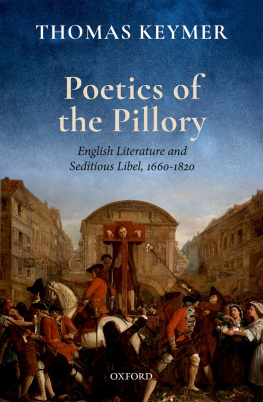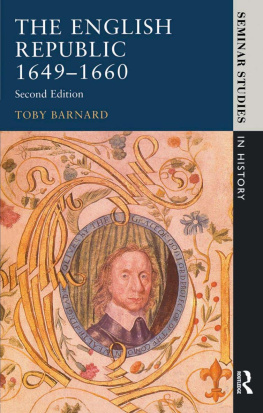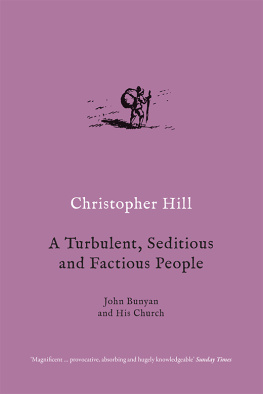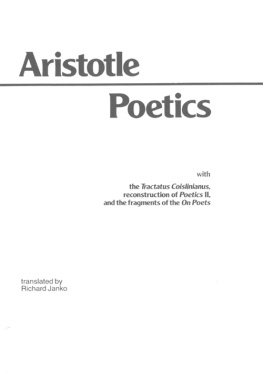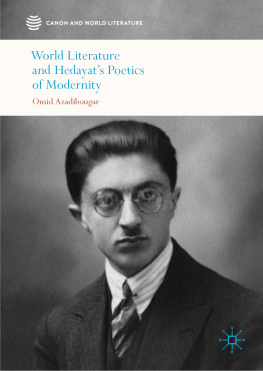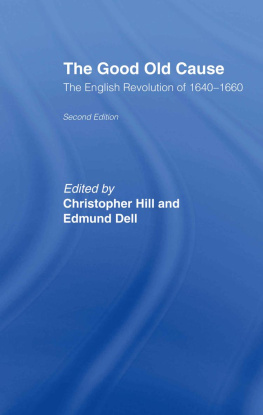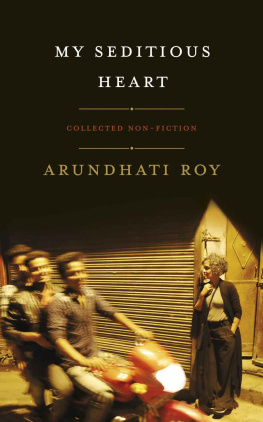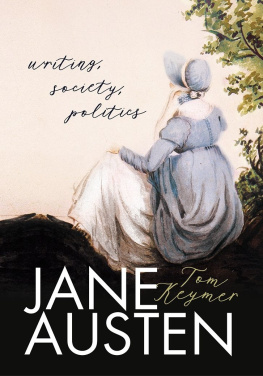Keymer Thomas - Poetics of the Pillory: English Literature and Seditious Libel, 1660-1820
Here you can read online Keymer Thomas - Poetics of the Pillory: English Literature and Seditious Libel, 1660-1820 full text of the book (entire story) in english for free. Download pdf and epub, get meaning, cover and reviews about this ebook. year: 2019, publisher: OxfordUP, genre: Romance novel. Description of the work, (preface) as well as reviews are available. Best literature library LitArk.com created for fans of good reading and offers a wide selection of genres:
Romance novel
Science fiction
Adventure
Detective
Science
History
Home and family
Prose
Art
Politics
Computer
Non-fiction
Religion
Business
Children
Humor
Choose a favorite category and find really read worthwhile books. Enjoy immersion in the world of imagination, feel the emotions of the characters or learn something new for yourself, make an fascinating discovery.
- Book:Poetics of the Pillory: English Literature and Seditious Libel, 1660-1820
- Author:
- Publisher:OxfordUP
- Genre:
- Year:2019
- Rating:3 / 5
- Favourites:Add to favourites
- Your mark:
- 60
- 1
- 2
- 3
- 4
- 5
Poetics of the Pillory: English Literature and Seditious Libel, 1660-1820: summary, description and annotation
We offer to read an annotation, description, summary or preface (depends on what the author of the book "Poetics of the Pillory: English Literature and Seditious Libel, 1660-1820" wrote himself). If you haven't found the necessary information about the book — write in the comments, we will try to find it.
Keymer Thomas: author's other books
Who wrote Poetics of the Pillory: English Literature and Seditious Libel, 1660-1820? Find out the surname, the name of the author of the book and a list of all author's works by series.
Poetics of the Pillory: English Literature and Seditious Libel, 1660-1820 — read online for free the complete book (whole text) full work
Below is the text of the book, divided by pages. System saving the place of the last page read, allows you to conveniently read the book "Poetics of the Pillory: English Literature and Seditious Libel, 1660-1820" online for free, without having to search again every time where you left off. Put a bookmark, and you can go to the page where you finished reading at any time.
Font size:
Interval:
Bookmark:

Clarendon Lectures in English

Great Clarendon Street, Oxford, OX2 6DP, United Kingdom
Oxford University Press is a department of the University of Oxford. It furthers the Universitys objective of excellence in research, scholarship, and education by publishing worldwide. Oxford is a registered trade mark of Oxford University Press in the UK and in certain other countries
Thomas Keymer 2019
The moral rights of the author have been asserted
First Edition published in 2019
Impression: 1
All rights reserved. No part of this publication may be reproduced, stored in a retrieval system, or transmitted, in any form or by any means, without the prior permission in writing of Oxford University Press, or as expressly permitted by law, by licence or under terms agreed with the appropriate reprographics rights organization. Enquiries concerning reproduction outside the scope of the above should be sent to the Rights Department, Oxford University Press, at the address above
You must not circulate this work in any other form and you must impose this same condition on any acquirer
Published in the United States of America by Oxford University Press
198 Madison Avenue, New York, NY 10016, United States of America
British Library Cataloguing in Publication Data
Data available
Library of Congress Control Number: 2019946775
ISBN 9780198744498
ebook ISBN 9780191070921
DOI: 10.1093/oso/9780198744498.001.0001
Printed and bound by CPI Group (UK) Ltd, Croydon, CR0 4YY
Links to third party websites are provided by Oxford in good faith and for information only. Oxford disclaims any responsibility for the materials contained in any third party website referenced in this work.
For Hal Jackman
nostrarum grande decus columenque rerum
This project began life with an invitation to give the Clarendon Lectures in English for 201415. I thank everyone present for their stimulating questions, and Im especially grateful to David Womersley and Seamus Perry for their warm hospitality, and to Jacqueline Norton and Aimee Wright for their ongoing support as the monograph came to fruition. Dorothy McCarthy was a tactful and meticulous copy-editor. Generous fellowships from the John Simon Guggenheim Memorial Foundation and the University of Torontos Jackman Humanities Institute allowed me to expand and enrich the lectures, and I thank the Warden and Fellows of All Souls College, Oxford, for hospitably giving me, as Visiting Fellow, the perfect environment in which to complete the book. Throughout this time, and to cumulatively transformative effect, numerous friends and colleagues offered advice, read drafts, arranged talks, answered questions, and wrote letters; Im especially grateful to Paul Baines, Ros Ballaster, Paddy Bullard, Brian Cowan, Simon Dickie, Joe Hone, Paulina Kewes, Deidre Lynch, Nick McDowell, Paula McDowell, Jim McLaverty, Jon Mee, John OBrien, Annabel Patterson, Claude Rawson, John Richetti, Pat Rogers, Michael Rossington, Valerie Rumbold, Peter Sabor, Simon Stern, Paul Stevens, Noel Sugimura, Kathryn Sutherland, David Taylor, Cindy Wall, Dan White, and Steve Zwicker. Thanks to the University of Torontos Work-Study and Jackman Scholars in Residence programmes, I had the opportunity to involve outstanding student assistants in the project, including Shamaila Anjum, Ka Wing Chu, Graham Coulter, Angela Du, Keith Garrett, Rachel Hart, Dana Lew, Kevin Liu, Edward Sakowsky, John Siferd, Sushani Singh, Rachael Tu, and Alex Zutt; special thanks to Chris Geary, with whom I co-published a related essay on seditious libel in eighteenth-century Dublin, and Austin Long, whose astute and energetic work, not least in creating the index, was invaluable in the final stages. I also thank the Social Sciences and Humanities Research Council (Canada) for supporting my work and that of my students over time. Our research would have been impossible without the expert assistance of many University of Toronto Libraries colleagues, not least in providing access to indispensable resources such as State Papers Online, Eighteenth-Century Collections Online, and the Burney Newspapers; warm thanks too to Salvy Trojman for helping us get the best from these databases, and to special collections librarians in numerous other institutions for their prompt and generous help in particular cases. As ever, Pru, Toby, and Ben were a constant source of inspiration and love, and I could have done nothing without them.
D. F. McKenzie and Maureen Bell , A Chronology and Calendar of Documents Relating to the London Book Trade, 16411700, 3 vols (Oxford: Oxford University Press, 2005)
Geoff Kemp and Jason McElligott (gen. eds), Censorship and the Press, 15801720, 4 vols (London: Pickering & Chatto, 2009)
Oxford Dictionary of National Biography (online)
Oxford English Dictionary (online)
Poems on Affairs of State, ed. George deF. Lord et al., 7 vols (New Haven: Yale University Press, 196375)
The National Archives
If Men are forbid to speak their minds seriously on certain Subjects, they will do it ironically. If they are forbid to speak at all upon such Subjects, or if they find it really dangerous for em to do so; they will then redouble their Disguise, involve themselves in Mysteriousness, and talk so as hardly to be understood, or at least not plainly interpreted, by those who are disposd to do em a mischief.
Anthony Ashley Cooper, 3rd Earl of Shaftesbury
There is freedom of speech, but I cannot guarantee freedom after speech.
Idi Amin
Across the swathe of time addressed in this study, a variety of offences, some of them no longer offences at all, could land a malefactor in the uncomfortable, often dangerous, position depicted in A similar but fatal episode in 1780 prompted the celebrated speech in which Edmund Burke called on Parliament to abolish the pillory, though the institution endured for another half-century in Britain, and longer elsewhere.
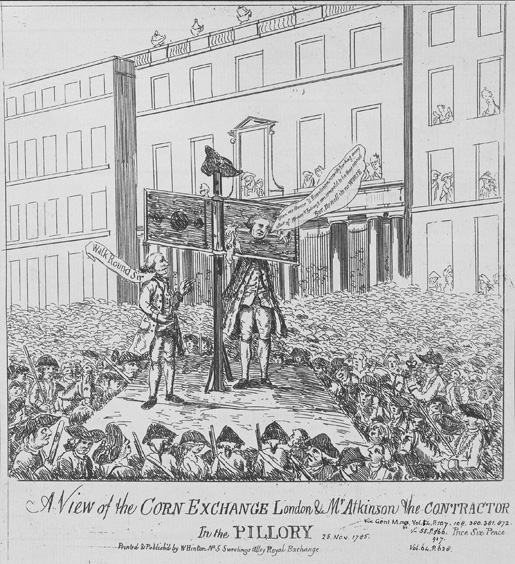
Figure 0.1 A View of the Corn Exchange London and Mr Atkinson the Contractor in the Pillory (1785), broadside etching, the Trustees of the British Museum. All rights reserved. By this date, pillories were often designed to be rotated 90 every fifteen minutes, to maximize shaming; an official instructs Atkinson to Walk Round Sir.
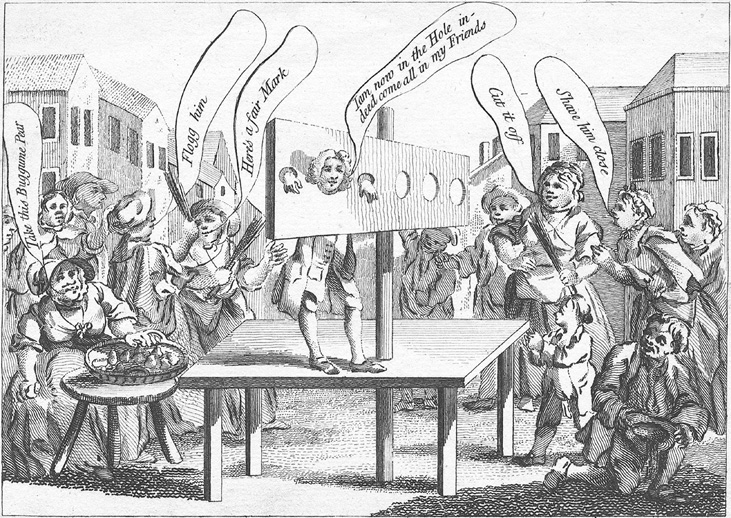
Figure 0.2 This Is Not the Thing: or, Molly Exalted (1762), illustrated broadside ballad, by courtesy of the Lewis Walpole Library, Yale University. This image typifies the scapegoating of sexual offenders in the pillory, in this case a London shopkeeper named Shann.
Most famously, the pillory was a tool for the retrospective censorship of print; it was, as Daniel Defoe put it when preparing to undergo his sentence for The Shortest Way with the Dissenters in 1703, that Hiroglyphick State Machin, | Contrivd to Punish Fancy in. In 1703, Defoe was not only exhibited before three of the citys most conspicuous landmarks (the Royal Exchange, the Cheapside Conduit, Temple Bar) but also heavily fined and imprisoned in Newgate until he could find sureties for future good behaviour. In practice, that took several months, and, it now seems, covert assistance from ministers who were planning to recruit him.
Font size:
Interval:
Bookmark:
Similar books «Poetics of the Pillory: English Literature and Seditious Libel, 1660-1820»
Look at similar books to Poetics of the Pillory: English Literature and Seditious Libel, 1660-1820. We have selected literature similar in name and meaning in the hope of providing readers with more options to find new, interesting, not yet read works.
Discussion, reviews of the book Poetics of the Pillory: English Literature and Seditious Libel, 1660-1820 and just readers' own opinions. Leave your comments, write what you think about the work, its meaning or the main characters. Specify what exactly you liked and what you didn't like, and why you think so.

